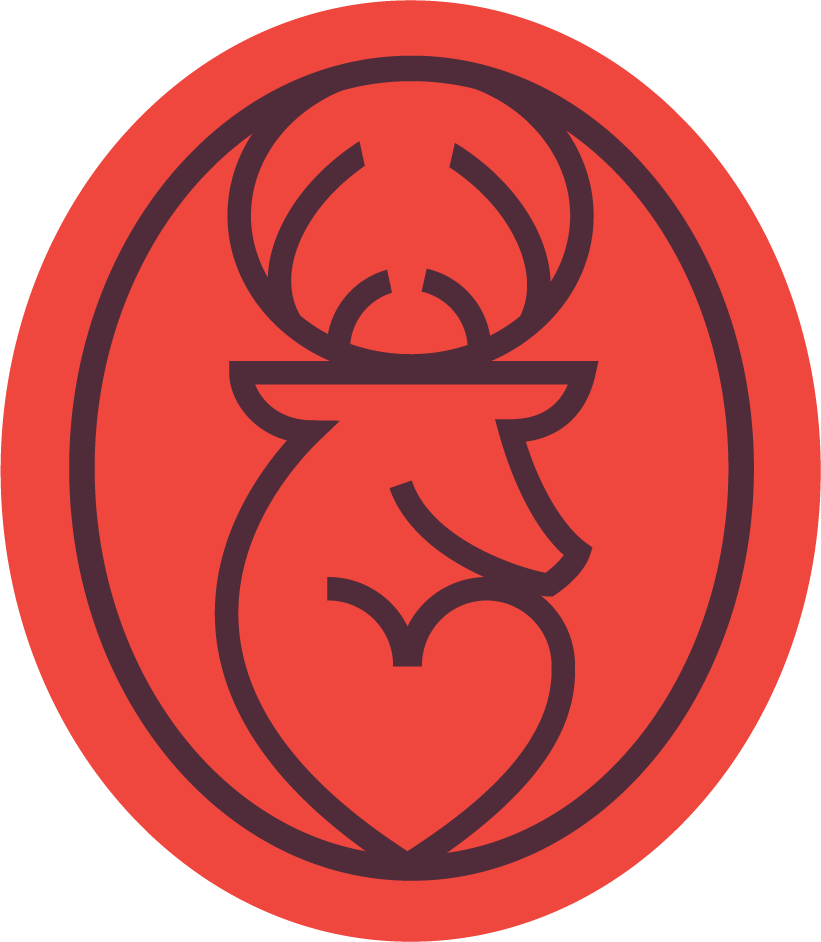Imposter Syndrome Kills
This is the story of how one physician ran headlong into imposter syndrome. And almost didn’t make it back out.
Dr. Dominic Corrigan appeared to have it all.
“But all was not well,” says Corrigan, who describes himself on his website, as “a recovering psychiatrist, who left medicine after burning out with concurrent depression and addiction.”
“I was high functioning, upwardly mobile, respected specialist leading a department, doing international research, sitting on charity boards and the PTA,” says Corrigan — a pseudonym for the founder of Physicians Anonymous, an international doctors-for-doctors support platform.
Imposter syndrome takes characteristics common to physicians and other high achievers — like perfectionism — and then throws a match on these personality traits.
In the case of medicine, the culture and training amplify — even venerate — perfectionism.
The drive to get it exactly right is, after all, what makes some of us rise to the level of mastery.
Corrigan kept his pain -- his imperfection, his humanity -- tightly under the mask of professionalism.
Indeed, physicians and other high-achievers are masterful at hiding. It’s part of the training.
In the beginning, imposter syndrome is a survival mechanism that can fool colleagues and clients.
Perfecting imposter syndrome effectively means losing sight of who you really are.
This is the level of self-destruction -- sometimes existentially and sometimes literally.
So how can you identify the edges of your imposter syndrome and begin to develop your true superpower of authenticity?Indeed, physicians and other high-achievers are masterful at hiding. It’s part of the training.
In the beginning, imposter syndrome is a survival mechanism that can fool colleagues and clients.
Perfecting imposter syndrome effectively means losing sight of who you really are.
“Years of imposter syndrome had taught me to just smile and carry on. I was burned out, then I was depressed, and then I was addicted,” says Corrigan. “I ate badly, neglecting my family and my health. I became very irritable with my family, started withdrawing from social events and I found unhealthy coping mechanisms. ”
Corrigan began to have trouble getting out of bed in the morning, musculoskeletal pain, pulsatile tinnitus. He had a brain scan to rule out a tumor. “My scan found a brain, but no tumor. Much of my symptoms were unexplained medically.”
Did Corrigan stop right then and start taking care of himself?
No.
If that were the case, we wouldn’t have such high rates of burnout and work-induced depression.
“Because work was the problem,” recalls Corrigan, “I just worked harder. I started even choosing to stay late charting or setting up research projects which were not strictly necessary. I ended up suicidal with plans and intent, and some very dangerous medical knowledge.”
IMPOSTER SYNDROME KILLS.
The key to being a “good” doctor in medical school, becomes the very barrier to getting help when your psychological, spiritual and physical ship is sinking.
No one knew the deep psychological pain he was in.
We come to this humbling realization in small moments of identity crisis.
For Corrigan, it happened both little by little and all at once in a massive crash and burn.
“I thank God that I’m here to carry on my life,” he says.“I was really lucky. I’ve had a long break. I’m in a good place now. Just to be able to have this conversation — who knows?”
At the end of the day, physicians are, “human beings who happen to be healers,” says Corrigan.
What you’re striving for is not who you are. This realization can be life-saving.

